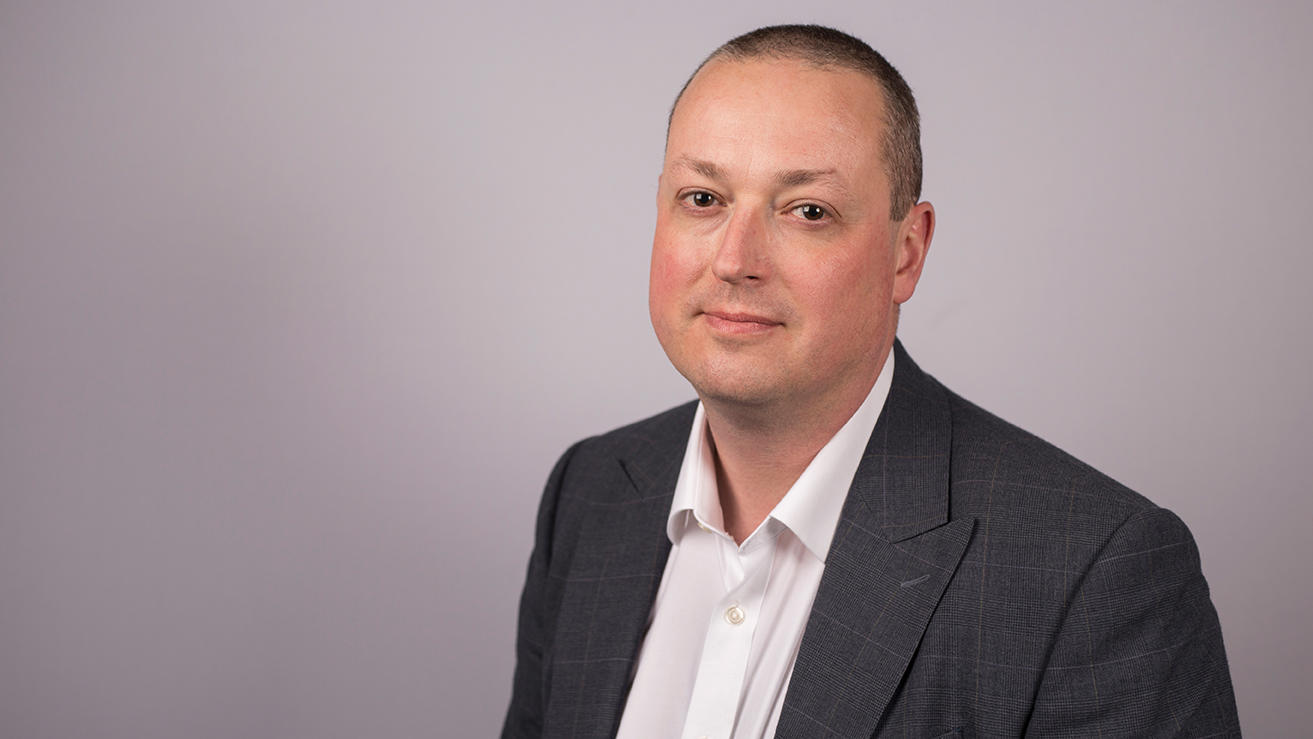‘Going into a hospital as an F1 is already a big jump into the deep end but with the extra pressure of COVID it felt like it wasn’t even a deep end, it was a cliff.’
Poppy Sheppard graduated from medical school in 2020 at the height of the COVID pandemic.
It was a brutal introduction to life in the NHS with an existing workforce crisis exacerbated by the strain the pandemic was placing on doctors’ mental and physical health. ‘It was very stressful,’ Dr Sheppard, who works in the northwest of England, said.
‘There are some medics who thrive on clinical pressure but there are others who this can make anxious. That was the main issue for me.’
Eventually, the working environment led to Dr Sheppard, now a foundation year 2 working less-than full time, being totally burned out. An initial two weeks off work became 10 months urgently required for her to ‘regroup’.
‘As an F1 you don’t always feel experienced though, especially when you’re in a new hospital with new systems and new tasks. At the end of the day, you go home worried and that can be relentless.
‘I felt a lot of anxiety because when you’re starting F1 there’s often a part of you after a shift that worries whether you’ve done everything you should have done as a doctor and dealing with that worry after a 12- or 13-hour shift was a big contributor to my burnout.
‘After that long shift you take the worry home and you find you just don’t have time for other things like having meals, cleaning, showering and the important things like exercising. You just need to sleep, and you can’t prioritise other things. It spirals and you are constantly regrouping.
‘Obviously, there’s annual leave you can take but that isn’t supposed to be time to get you back to your baseline wellbeing, it’s supposed to be time off. It was all a perfect storm for me.’
Sick days
Dr Sheppard is far from alone, even if some stigma around discussing mental-health difficulties persists. Earlier this year statistics suggested that during the 18 months of the peak of the pandemic more days were lost in the NHS to sickness because of mental health problems than due to COVID infection or self-isolation.
More recently, it emerged more than half a million working days a month are lost in the NHS owing to mental health problems – some 30 per cent of all sickness days in the health service. Just days ago a report suggested more people are leaving the NHS because of career decisions, work-life balance and their own personal wellbeing than because they are reaching retirement age.
 BURNOUT: Pressure can make medics anxious
BURNOUT: Pressure can make medics anxious
Fortunately for Dr Sheppard her supervisor was ‘very supportive’ and went ‘above and beyond’ in trying to help. But even with that sort of support the ‘complex’ and ‘fragmented’ web of potential support and services which function – to relative degrees – in communities and workplaces were difficult to navigate and access.
‘It’s very difficult,’ Dr Sheppard said. There’s lots of great services but lots have their limits and you end up back to ‘we’re really sorry but you need to try somewhere else with all the referrals, applications, and waiting lists that entails. The only other option is to privately fund but that isn’t always realistic as an F1.’
Wellbeing services
Dr Sheppard supported a motion at the BMA annual representative meeting which created new BMA policy which will aim to address these problems.
The motion, which was passed overwhelmingly by representatives, calls upon the department of health to recognise the ‘now incontestable evidence’ on burnout and moral injury in healthcare workers (including doctors) and to establish fully funded, accessible and evidence-based wellbeing and mental health services for staff throughout NHS services and social care providers. The BMA will now lobby the Government and NHS leaders to take action.
BMA consultants committee mental health lead Andrew Molodynski proposed the motion. Speaking at the ARM he said: ‘This motion is about having services that support wellbeing of doctors, and all NHS and social care staff, and also that there are services available which provide evidence-based intervention for doctors (and others) who have become ill.
'Poor wellbeing and high levels of mental health problems are well known as problems among health professionals internationally, but the problem is bad here in the UK.’
Support for staff
Dr Molodynski, a consultant psychiatrist in Oxfordshire, added: ‘There’s a triple imperative. There’s an economic imperative because of the sickness, presenteeism and people leaving NHS and social care because of mental health, there’s a moral imperative because on many occasions these symptoms are work-related and there’s a responsibility for the employer to try to make good, and there’s a humane imperative.
 MOLODYNSKI: BMA must campaign for better services
MOLODYNSKI: BMA must campaign for better services
‘We all know people – friends and colleagues – who are continuing to work with significant mental health problems. It is incumbent on us as a professional association to campaign for proper services for those people to help them and us, to help the wider health community and to ultimately help our patients.’
Representatives at the ARM widely supported the motion but two doctors spoke against it suggesting addressing, and lobbying around, the massive workforce crises and overwhelming demand should be the BMA’s focus rather than seeking to deal with the human consequences of those issues. However, representatives supported the motion in significant numbers and rejected those arguments.
As Dr Sheppard says: ‘It may take time to address the root cause of these issues and during that time we can’t just let people – let ourselves and our colleagues continue to suffer in the way we are suffering.
‘More and more I have had colleagues come to me saying they are struggling with burnout, they don’t know what to do and they can’t access services. They are also afraid of the stigma. If we have a policy which helps us with a fully funded and properly set up service that would be a really positive move forward and it doesn’t ignore that there are bigger issues that also need to be fixed.
‘The last thing I’ll say is cars, cigarettes and McDonalds (or other fast-food chains),’ says Dr Molodynski. ‘We know all those things cause health problems and we’d like to get rid of those problems if we could. But that doesn’t mean we refuse to treat people with the health problems that are caused by being run over, smoking cigarettes or going to fast food joints.’
Dr Sheppard is hopeful the policy can have a positive effect. She says: ‘I think in a perfect world everything would be a lot better co-ordinated. At the moment things are very fragmented and you end up spending a lot of time talking to lots of different people. Some help to navigate these things would be really helpful.’
The BMA will now lobby the Government and NHS leaders on this issue and, with workforce issues very much on the agenda – not least owing to the publishing of, and debate around, the new NHS workforce plan.

